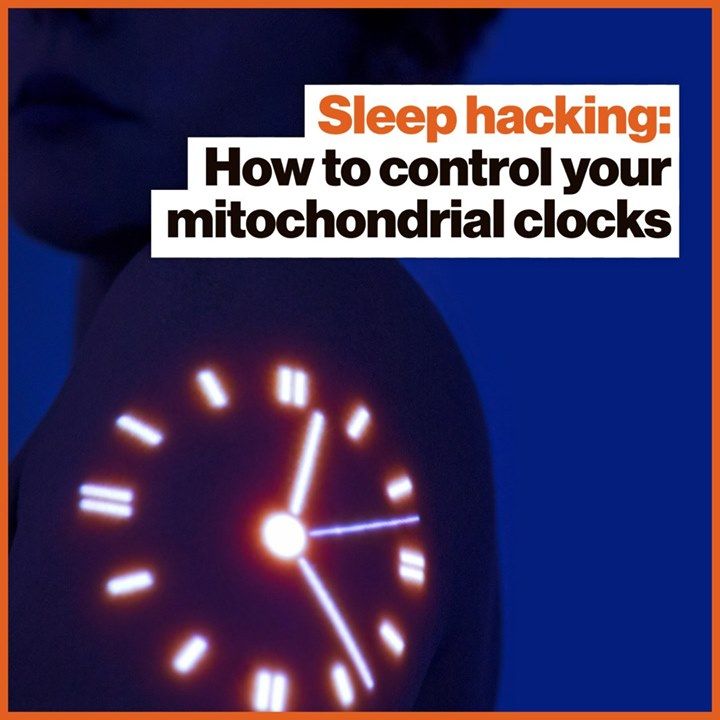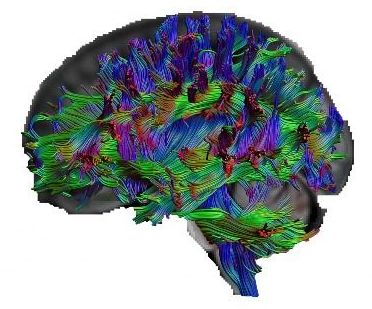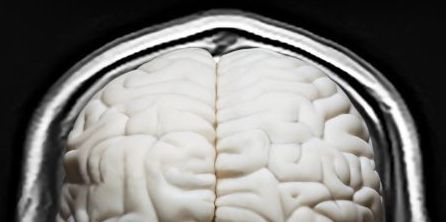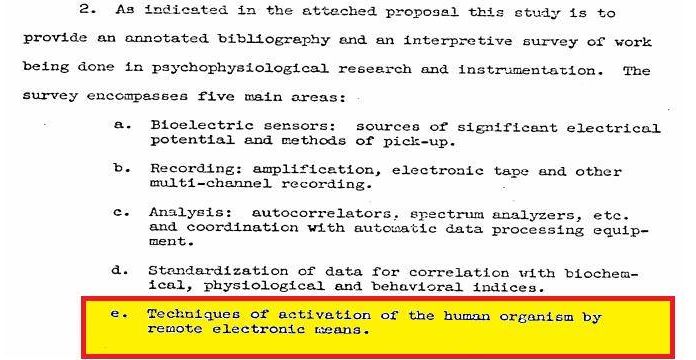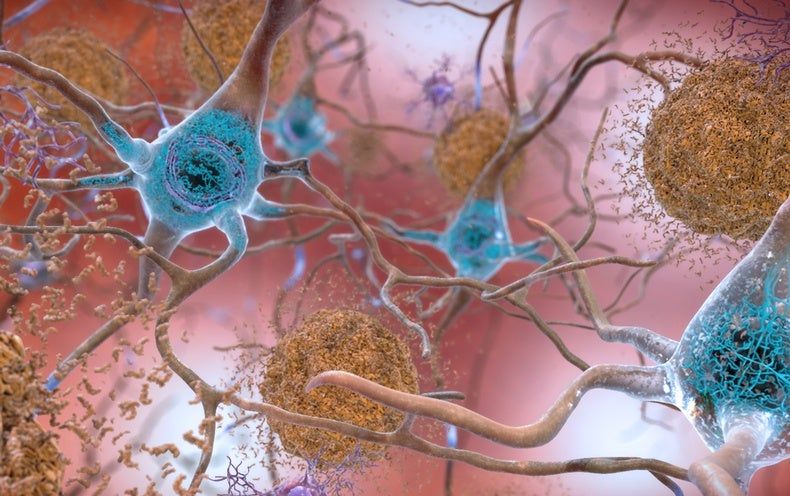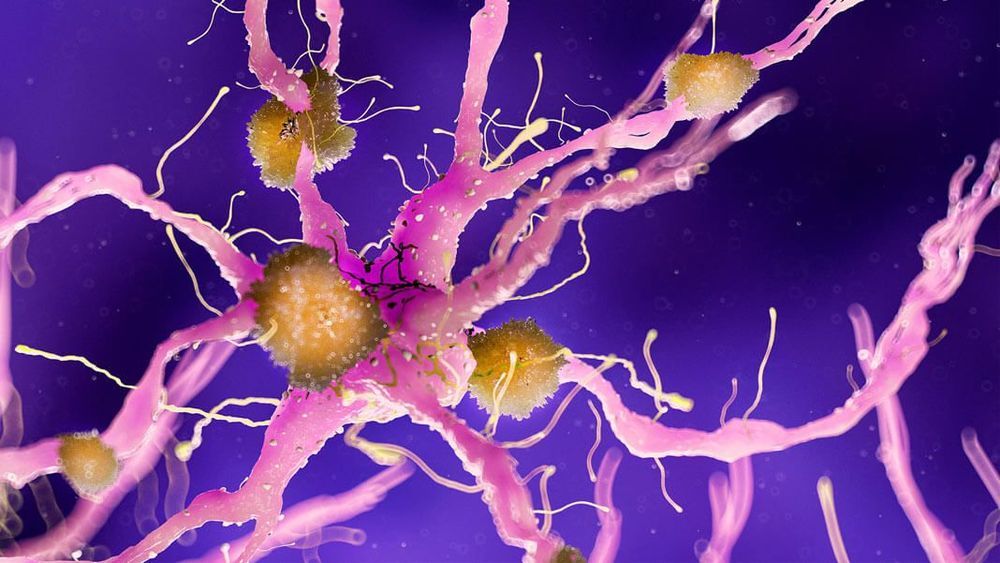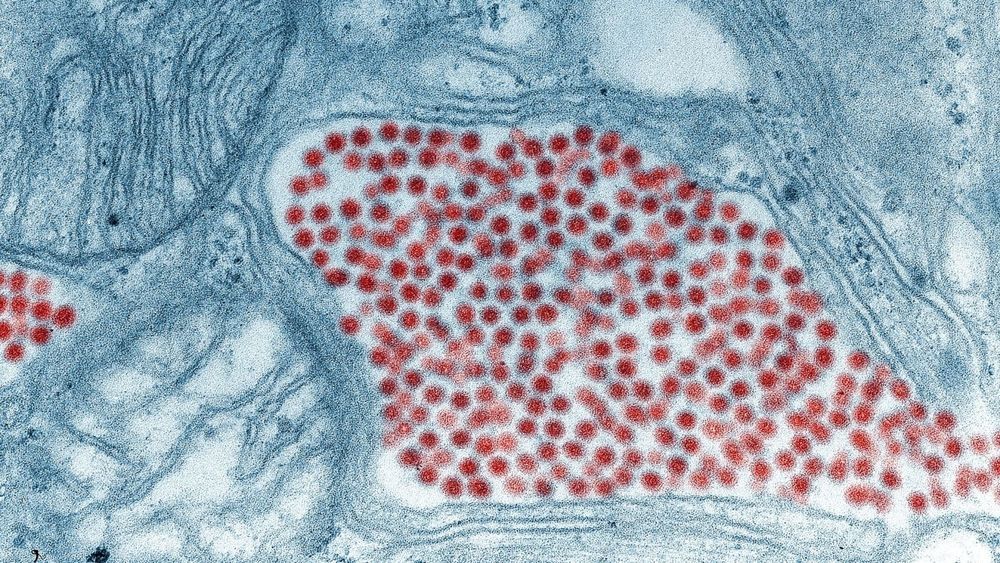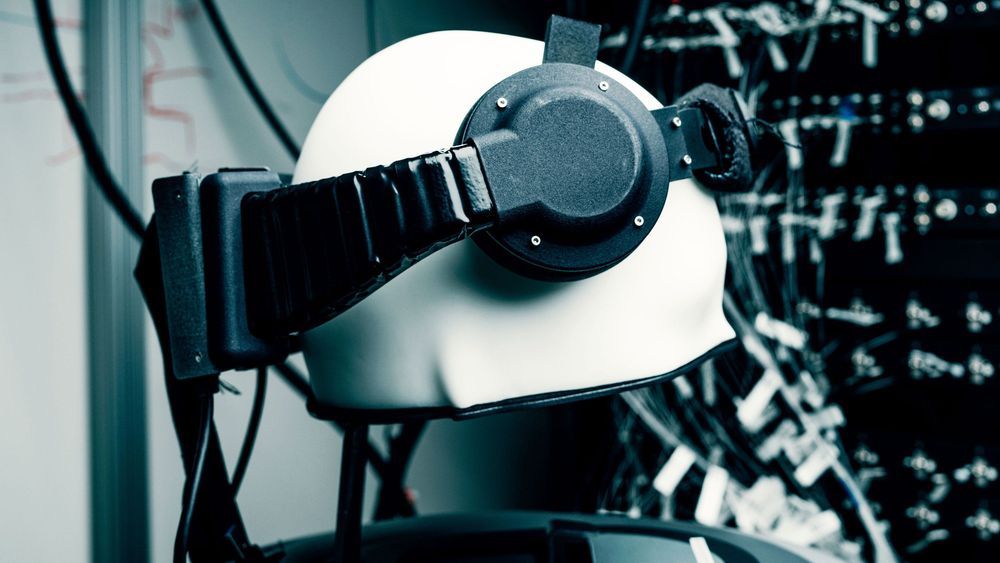
Working with mouse and human tissue, Johns Hopkins Medicine researchers report new evidence that a protein pumped out of some—but not all—populations of “helper” cells in the brain, called astrocytes, plays a specific role in directing the formation of connections among neurons needed for learning and forming new memories.
Using mice genetically engineered and bred with fewer such connections, the researchers conducted proof-of-concept experiments that show they could deliver corrective proteins via nanoparticles to replace the missing protein needed for “road repairs” on the defective neural highway.
Since such connective networks are lost or damaged by neurodegenerative diseases such as Alzheimer’s or certain types of intellectual disability, such as Norrie disease, the researchers say their findings advance efforts to regrow and repair the networks and potentially restore normal brain function.
